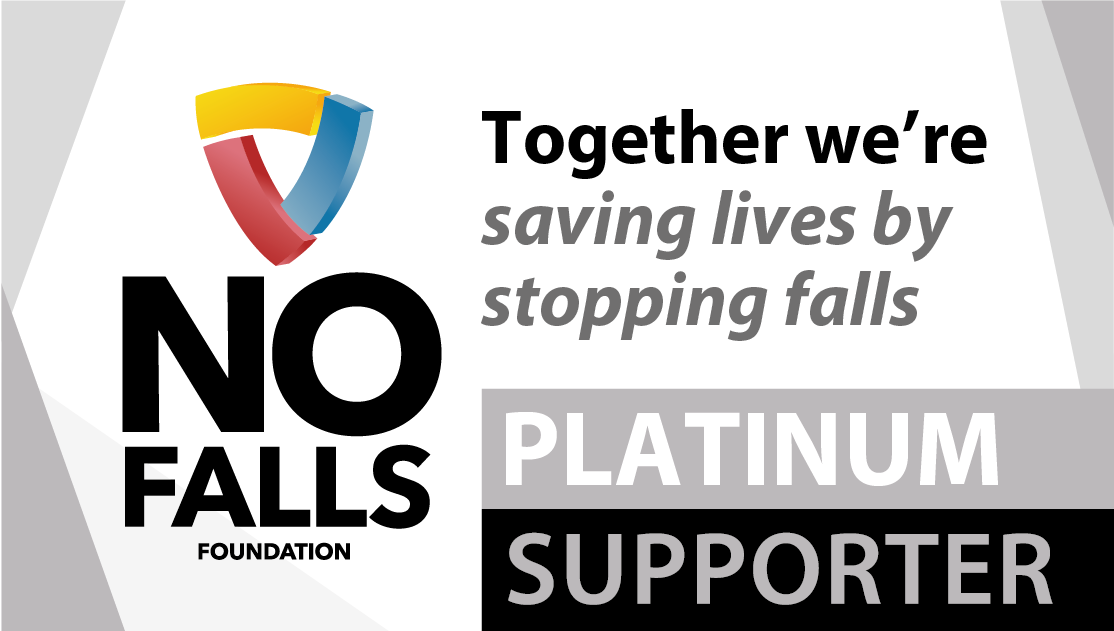
27/1/21 - We were saddened to learn about the injuries sustained by two workers who fell from an incorrectly assembled tower scaffold while installing signage at a retail premises in Prestwich. They both suffered fractures to their legs and ankles.
The accident, which happened in November 2018, was the subject of a recent prosecution by the Health and Safety Executive (HSE) at Manchester Magistrates' Court.
The investigation found that the person who erected the tower had not been properly trained. There were missing guardrails and no outriggers in place. The tower moved away from the building and the employees fell two metres.
Consequences
Rooffabs Direct Limited and its sole director, Paul McMahon, both pleaded guilty to breaching section 2(1) of the Health and Safety at Work etc. Act 1974 which means they did not 'ensure, so far as is reasonably practicable, the health, safety and welfare at work of all [their] employees.'
They also both pleaded guilty to breaching section 3(1) of the Reporting of Injuries, Diseases and Dangerous Regulations 2013 for failing to report the incident.
The company was fined £20,000. The director was ordered to complete 100 hours of community service, pay compensation orders of £500 each for the two injured people and pay costs of £1,000.
Just one example
Speaking after the hearing, HSE inspector David Norton said: "Falls from height remain one of the most common causes of work-related fatalities and severe injuries in this country."
He's right. We know that 14 people suffered a non-fatal fall from height in the workplace every day in 2019/20, according to the most recent RIDDOR statistics released by HSE.
However, we also know the true number was much higher. As this case proves, employers often don't report when they should. HSE believes that only around half of reportable accidents actually are.
The Labour Force Survey also collects data on non-fatal workplace injuries. It uses self-reports from workers, so records a wider range of accidents than RIDDOR. Last year it recorded an estimated 36,000 falls from height, which is a horrifying 99 per day.
The saddest fact of all is that these accidents didn't have to happen.
Commenting on the case in Prestwich, HSE inspector David Norton added: "This incident could so easily have been avoided by having a suitably trained person put up the tower scaffold and ensuring that the required guardrails and outriggers were in place."
PASMA's response
Roger Verallo, PASMA Chairman and Managing Director of Euro Towers commented: "This case highlights the importance of training for all those who assemble, dismantle, inspect or move tower scaffolds. Just look what can go wrong when it's done incorrectly. Anyone who has completed a PASMA course knows that guardrails and outriggers, or stabilisers, are absolutely essential for fall prevention and stability.
"And PASMA training isn't just for operatives. There's a new course - Towers for Managers - aimed at those who supervise work on towers. It helps them gain and demonstrate the competence required by the Work at Height Regulations. Afterwards, they know what good practice looks like and can be more proactive at preventing falls. As this accident reminds us, even falls from low heights can inflict life-changing injuries.
"Every day PASMA and its members work towards a world where an accident like this isn't such a familiar story."
No Falls Foundation is a charity dedicated to supporting people who've been affected by the consequences of a fall. If you find yourself in this situation, please download a support pack. 



